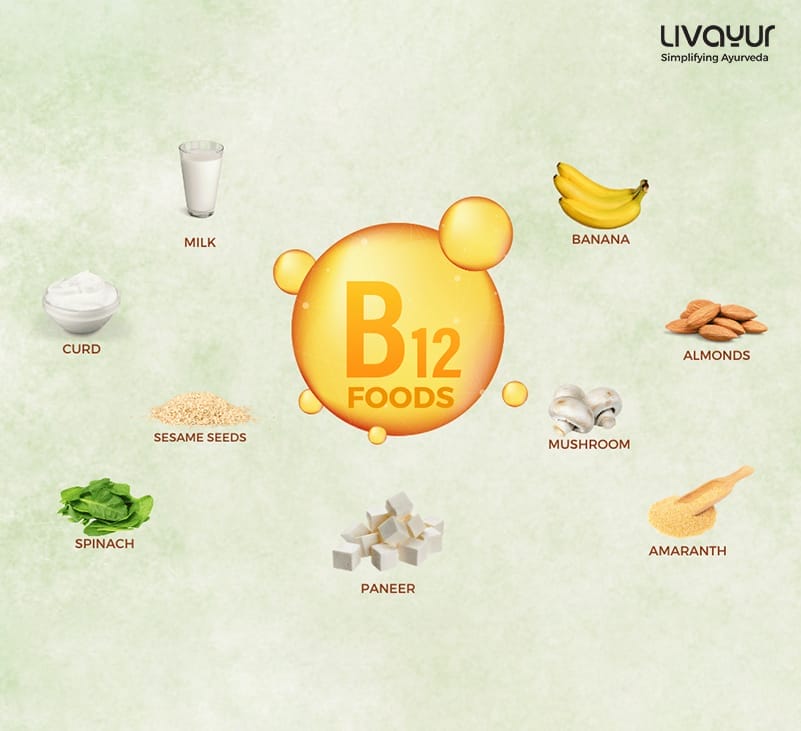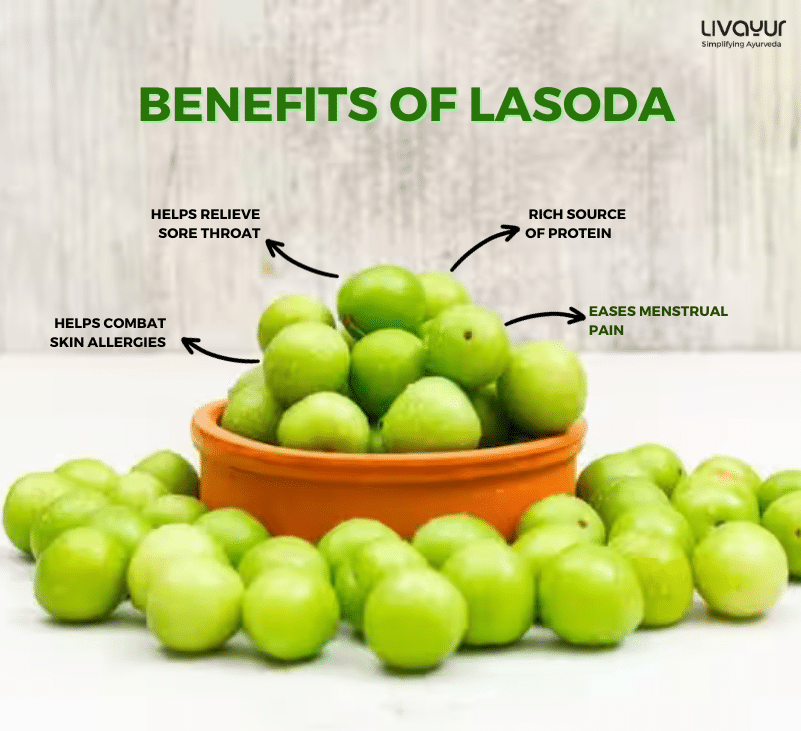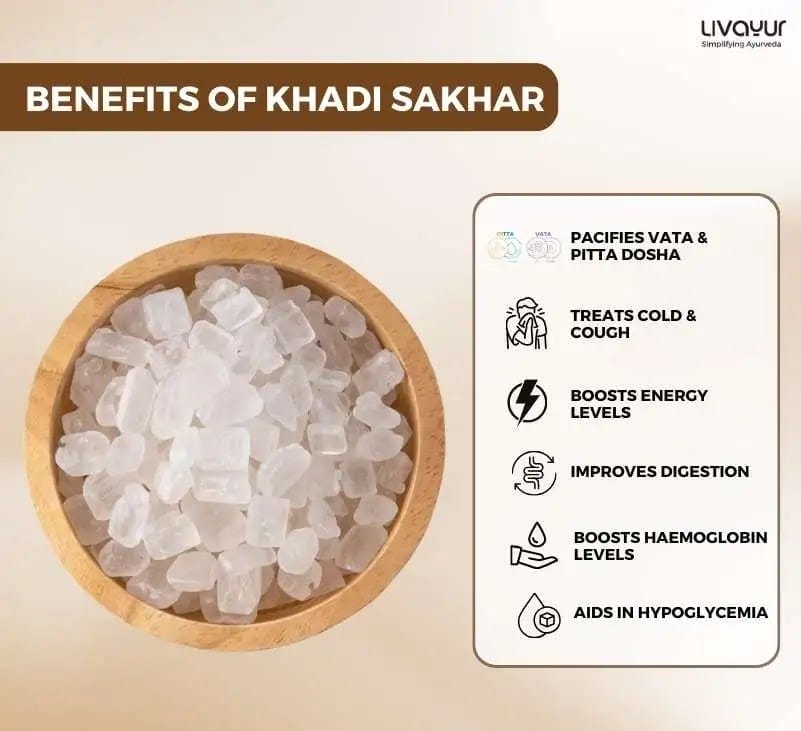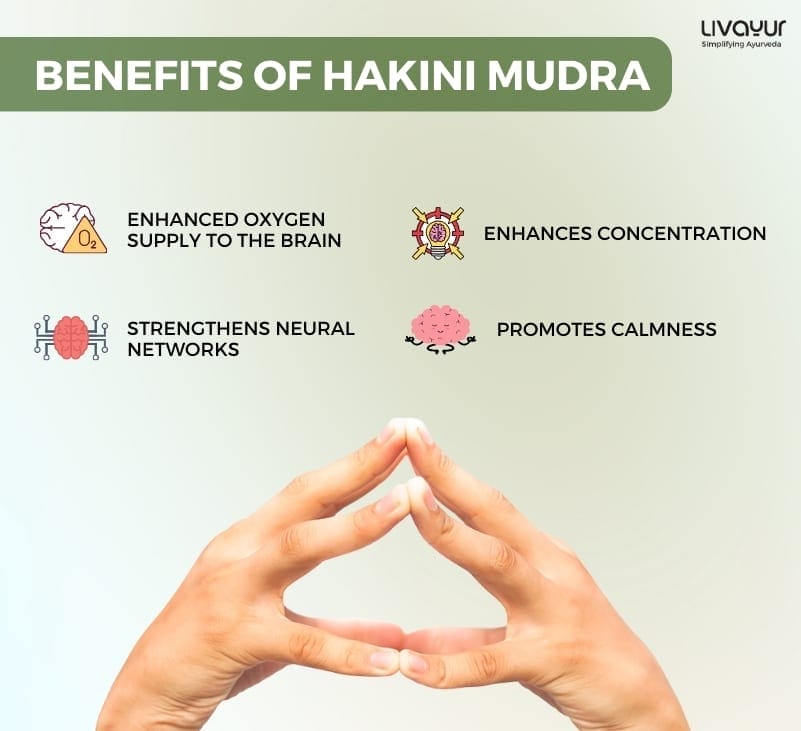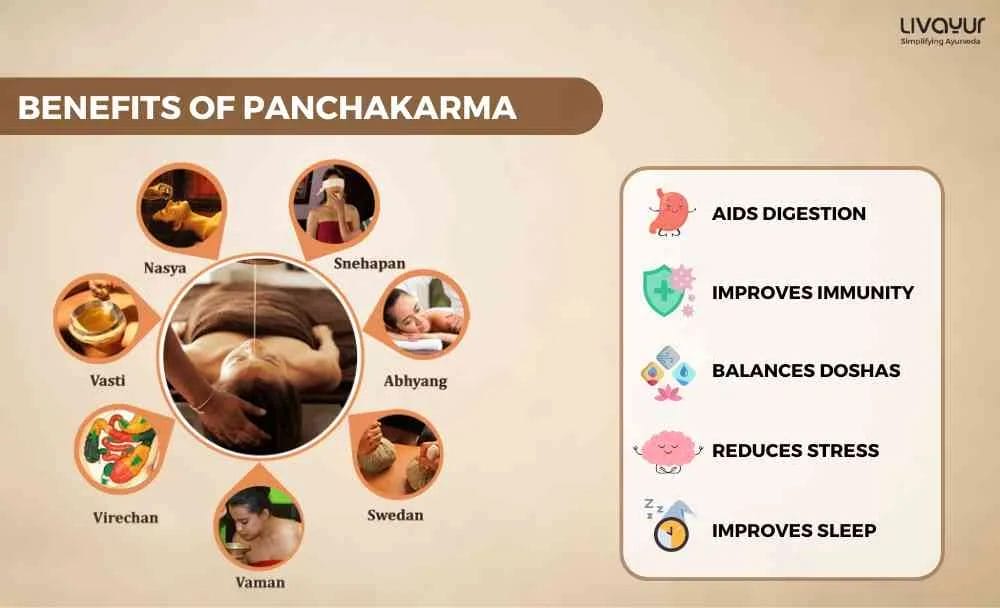
Panchakarma is an integral component of traditional Ayurvedic medicine. It has gained widespread recognition for detoxification and rejuvenation capabilities. Based on ancient Indian healing practices, Panchakarma helps balance the body and mind by eliminating accumulated toxins and restoring the Dosha balance.
While its admirers laud its potential benefits, questions regarding its safety have emerged. This article looks at Panchakarma’s fundamental principles and critically assesses its safety profile. It will help you make informed decisions about the safety of Panchakarma as a wellness practice.
What is Panchakarma?
Panchakarma is a comprehensive detoxification therapy that harmonizes the body and mind. Derived from Sanskrit, where “Pancha” means five and “Karma” denotes therapeutic measures, Panchakarma involves cleansing procedures to eliminate accumulated toxins and restore Doshic balance.
The treatment consists of five primary procedures:
- Vamana (emesis),
- Virechana (purgation),
- Basti (enema),
- Nasya (nasal administration)
- Raktamokshana (bloodletting or detoxification of blood).
Practitioners customize these therapies to suit an individual’s constitution and health conditions. Beyond a physical purification process, Panchakarma addresses the mental and emotional aspects. All these qualities make it a time-tested therapeutic practice for natural healing. [1]
Benefits of Panchakarma
Here are the key benefits of undergoing Panchakarma.
1. Detoxification
It targets and eliminates accumulated toxins (ama) from the body through specialized therapies to promote a cleaner and healthier system. [2]
2. Balancing doshas
Ayurveda identifies three fundamental doshas—Vata, Pitta, and Kapha—that govern individual constitutions. Panchakarma works to balance these doshas by restoring equilibrium and preventing imbalances. [2]
3. Improved digestion
It promotes the efficient absorption of nutrients and the elimination of waste by addressing digestive imbalances. [2]
4. Enhanced immunity
The body can better defend against infections and diseases by removing accumulated toxins. [2]
5. Stress reduction
Panchakarma includes soothing therapies that help alleviate stress and calm the nervous system. The relaxation achieved during the process contributes to mental well-being. [2]
6. Rejuvenation of tissues
Panchakarma nourishes and rejuvenates body tissues by promoting their optimal function. Revitalization supports vitality and helps delay the aging process. [2]
7. Improved sleep patterns
The calming and balancing effects of Panchakarma positively impact sleep patterns. Individuals can experience better sleep quality and a more regulated sleep-wake cycle. [2]
Who should and should not perform Panchakarma
Here are considerations for determining who should and should not perform Panchakarma. [1] [2]
Who should consider Panchakarma?
1. Seeking detoxification
It eliminates the accumulated toxins from the body and promotes health.
2. Those with chronic health issues
Individuals dealing with chronic conditions like arthritis, digestive disorders, respiratory issues, or stress-related ailments may find relief through Panchakarma.
3. Experiencing imbalances in doshas
Panchakarma is suitable for those experiencing Dosha imbalances, as it works to restore equilibrium.
4. Seeking emotional balance
Panchakarma’s holistic approach can benefit those seeking emotional balance and stress reduction.
5. Committed to lifestyle changes
Panchakarma involves guidance on diet, daily routines, and lifestyle choices. Individuals who want to make positive changes in their lifestyle may benefit from the holistic support provided by Panchakarma.
Who Should Exercise Caution or Avoid Panchakarma:
1. Pregnant women
Panchakarma involves specific therapies that may not be suitable during pregnancy.
2. Individuals with acute illness
People experiencing acute illnesses or infections may need to postpone Panchakarma until they fully recover.
3. Those with severe debilitated conditions
Individuals with severe debilitated conditions or extreme weakness may not be ideal candidates for Panchakarma.
4. People with certain chronic conditions
Individuals with specific chronic conditions should consult experienced Ayurvedic practitioners before considering Panchakarma.
5. Individuals with mental health conditions
Individuals with severe mental health conditions or undergoing psychiatric treatment should approach Panchakarma with caution. It’s crucial to inform Ayurvedic practitioners about mental health concerns for appropriate guidance.
Conclusion
Panchakarma’s safety lies in considering individual health conditions and practitioner expertise. Furthermore, adherence to traditional protocols is mandatory. While this ancient Ayurvedic therapy has garnered acclaim for its potential to rejuvenate and restore balance, it must be approached with an informed mindset. Consultation with qualified Ayurvedic practitioners and open communication about pre-existing medical conditions is crucial to ensure a safe experience. Prioritizing one’s well-being during the process is essential, as individual responses may vary.
FAQs
1. Is Panchakarma safe?
Yes, Panchakarma is generally safe when performed by trained and experienced Ayurvedic practitioners. However, its safety also depends on individual health conditions. It is crucial to undergo Panchakarma under proper guidance after a thorough assessment by qualified practitioners. [1]
2. What are some precautions after Panchakarma?
After Panchakarma, individuals should observe certain precautions for optimal results:
Follow post-treatment dietary guidelines.
Gradually reintroduce foods to the diet.
Avoid excessive physical exertion.
Maintain a balanced and healthy lifestyle.
Consult with Ayurvedic practitioners for personalized post-treatment care.one
3. What are the disadvantages of Panchakarma?
While Panchakarma is safe and beneficial, there are potential disadvantages to be aware of. Some individuals may experience temporary side effects like fatigue, headaches, or digestive disturbances during or after the procedure. Panchakarma is a comprehensive detoxification process, and the release of toxins into the bloodstream can cause these transient symptoms. [1]
4. Is it good to do Panchakarma?
The decision to undergo Panchakarma depends on individual health goals and constitution. Panchakarma has potential benefits, including detoxification and rejuvenation. It can be suitable for individuals experiencing chronic health issues or imbalances in the doshas. However, its suitability varies from person to person, and a thorough assessment by an Ayurvedic professional is crucial. [1]
5. What happens to your body after Panchakarma?
After undergoing Panchakarma, individuals may experience a sense of lightness, increased energy, mental clarity, and improved digestion. The body’s elimination channels clear accumulated toxins to promote a better flow of energy and enhance vitality. [1]
Disclaimer
The information provided here is for general information and not meant to substitute any medical advice. Please consult your doctor for appropriate medical consultation.










